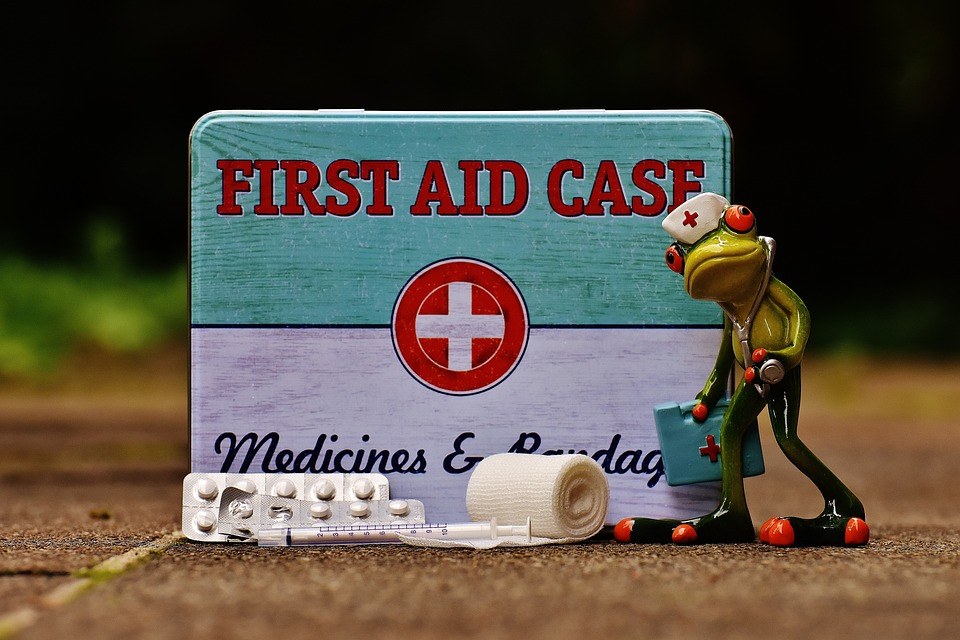Everyone knows that feeling of dread that washes over you when you realize you or a loved one is experiencing a medical emergency. Whether it’s a heart attack, broken bone, or something else entirely, these situations can be incredibly scary. The best way to combat that fear is to be prepared. Here are tips to help you be prepared for a medical emergency.
1. Keep a List of Emergency Contacts Handy
This is especially true if you or someone in your family has specific medical needs, such as a chronic illness, severe allergies, or any other type of health condition that may require immediate attention in the event of an emergency.
To make sure that your list of emergency contacts is always accurate and up to date, consider including their contact information as well as their relation to you. Also, be sure to keep this list in an easily accessible location, such as on your phone or neatly printed out and tucked away near your front door.
The contacts saved there can include everyone from your primary care physician to an allergist to any specialists managing your health conditions. Additionally, you may also want to include the phone numbers of nearby urgent care centers and pharmacies, as well as key family members who might be able to assist you during an emergency situation. You should also have the contact information for any family members or close friends who can come to your aid in case of an emergency.
2. Learn CPR and First Aid
In the event that your child stops breathing or has a serious injury, knowing CPR and first aid could mean the difference between life and death. Whether you are dealing with a simple allergic reaction or a life-threatening cardiac arrest, knowing how to administer CPR and first aid via CPR classes can make all the difference.
The first thing you should do is enroll in an accredited training course like Newcastle Training. These courses are designed to give participants the knowledge and tools they need to react quickly and effectively in any situation. They cover everything from basic first aid supplies like bandages and ointment to life-saving techniques like CPR, shock treatment, and responding to burns. Additionally, many courses also include information about important topics such as managing chronic illness and dispelling common medical myths.
3. Keep a Well-Stocked First-Aid Kit in Your Home
This kit should contain all the basic supplies that you might need to treat common injuries and illnesses, as well as some items for more serious conditions. For example, bandages of various sizes and types are essential for cuts and lacerations, while adhesive tape can help secure gauze pads or other dressings over more serious wounds.
Antibacterial ointments and wipes can also come in handy for treating minor wounds and preventing infection. For more serious conditions like heart attacks or asthma attacks, it’s important to have access to important medications like aspirin or inhalers. This should include items such as bandages, gauze, antiseptic wipes, and pain reliever medication. You may also want to include a thermometer and an emergency whistle in your kit.
4. Have a Plan In Place In Case of an Emergency
This plan should include what you would do if your child was injured or became seriously ill. It is also a good idea to designate someone as the primary caregiver in case you are not able to care for your child yourself.
When it comes to medical emergencies, it is always better to be prepared. By following these tips, you can be prepared for anything that comes your way. Medical emergencies can be scary, but if you are prepared, they will be much easier to handle.
Hansaplast India is the best place to buy first aid kits. They offer a variety of Bandages, plasters for all kinds injuries or wounds.

